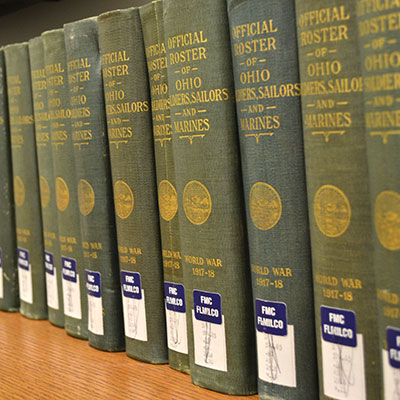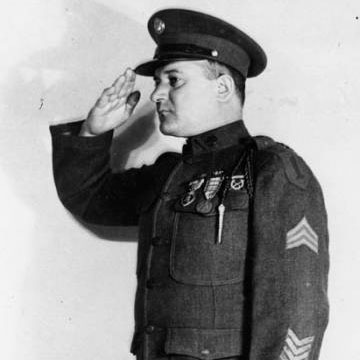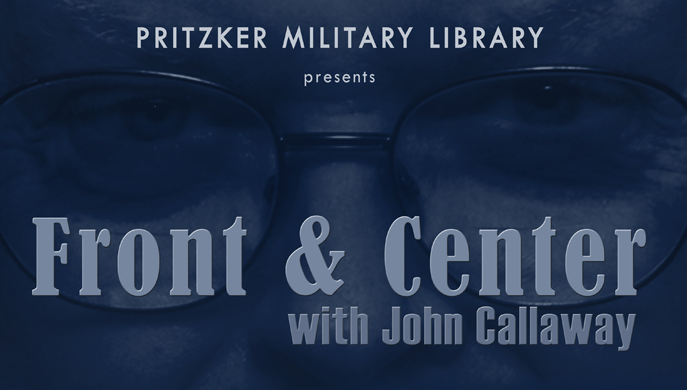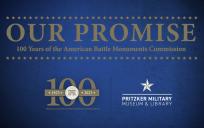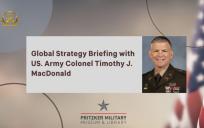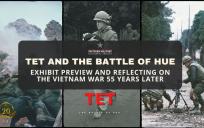
Record date:
Front & Center with John Callaway: The Turning Point: A New Agenda for Iraq
Following the publication of the bipartisan Iraq Study Group report, the Democratic Party's control of Congress and a revised line-up of military commanders and diplomats, the White House embarked on its new strategy for the war in Iraq. In the aftermath of the execution of Saddam Hussein, Iraq's government faced new tensions as it struggled to quell violence. John Callaway and his panel of experts explored the military and political implications of America's policy in Iraq and the Middle East.
Cherif Bassiouni is a Distinguished Research Professor of Law at DePaul University College of Law and President of the International Human Rights Law Institute. He has served the United Nations in a number of capacities. In 2004, he was appointed by the United Nations High Commissioner for Human Rights as the Independent Expert on the Situation of Human Rights in Afghanistan. In 1999, Bassiouni was nominated for the Nobel Peace Prize for his work in the field of international criminal justice and for his contribution to the creation of the International Criminal Court. He has received numerous medals and awards including the French Legion d'Honneur (2003), the Order of Lincoln of Illinois, (2001), The Adlai Stevenson Award of the United Nations Association (1993); and the Saint Vincent DePaul Humanitarian Award (2000). Bassiouni is the author of 27 and editor of 44 books, and the author of 217 articles on a wide range of legal issues, including international criminal law, comparative criminal law, and international human rights law. His degrees include his J.D., Indiana University; LL.B. University of Cairo; LL.M. (International and Maritime Law), The John Marshall Law School; S.J.D. (International Criminal Law), George Washington University.
Joseph A. Morris is a partner in the law firm of Morris & De La Rosa, with offices in Chicago and London. Mr. Morris is frequently consulted in the fields of speech, press, religious, and property rights, law enforcement administration, and law pertaining to national security and counterterrorism. He was the chief draftsman of the U.S. Anti-Terrorism Act of 1992. Mr. Morris served under President Reagan as the Director of the Office of Liaison Services, the Justice Department bureau responsible for international and intergovernmental justice affairs. He was the principal assistant to the Attorney General of the United States responsible for coordination of Federal, State, and local law enforcement and prosecutorial relations. He has also served as the General Counsel of the United States Office of Personnel Management (Washington, D.C.); the Chief of Staff and General Counsel of the United States Information Agency (Washington, D.C.); the Special Counsel to the Chairman of the Equal Employment Opportunity Commission (Washington, D.C.); and a U.S. Delegate to the United Nations Commission on Human Rights (Geneva, Switzerland. He currently serves, pro bono publico, as the President of The Lincoln Legal Foundation, a Chicago-based public interest law center that advocates the rights of property-owners and crime victims. Morris is an alumnus of the College and the Law School of The University of Chicago.
William Howell is Associate Professor in the Harris School of Public Policy Studies at the University of Chicago and Deputy Director of the Program on Education Policy and Governance at Harvard University. He has written widely on separation-of-powers issues and American political institutions, especially the presidency. His recent research examines how domestic political institutions constrain the president's ability to exercise military force abroad. Howell is the co-author (with Jon Pevehouse) of While Dangers Gather: Congressional Checks on Presidential War Powers (Princeton University Press, 2007); author of Power without Persuasion: The Politics of Direct Presidential Action (Princeton University Press, 2003); co-author (with Paul Peterson) of The Education Gap: Vouchers and Urban Schools (Brookings Institution Press, 2002); and editor of Besieged: School Boards and the Future of Education Politics (Brookings Institution Press, 2005). His research also has appeared in numerous professional journals and edited volumes. Previously, Howell taught in the government department at Harvard University and the political science department at the University of Wisconsin. In 2000, he received a PhD in political science at Stanford University.
